THE TROUBLE
WITH
Post-Blackness
THE TROUBLE
WITH
Post-Blackness
EDITED BY
Houston A. Baker Jr.
and
K. Merinda Simmons
Columbia University Press

New York
Columbia University Press
Publishers Since 1893
New York Chichester, West Sussex
cup.columbia.edu
Copyright 2015 Columbia University Press
All rights reserved
E-ISBN 978-0-231-53850-3
Excerpt from Gwendolyn Brooks in Dont Cry, Scream by Haki R. Madhubuti (Chicago: Third World Press, 1969), reprinted by permission of Third World Press 1969 Haki R. Madhubuti.
Excerpt from What Color Is Lonely in Songs of a Blackbird by Carolyn Rodgers (Chicago: Third World Press, 1973), reprinted by permission of Third World Press 1969 Carolyn Rodgers
Excerpt from Someone Leans Near in Five Poems by Toni Morrison (Las Vegas: Rainmaker Editions, 2002), used by permission Rainmaker Editions. All rights reserved.
Library of Congress Cataloging-in-Publication Data
The trouble with post-Blackness / edited by Houston A. Baker and K. Merinda Simmons.
pages cm
Includes bibliographical references and index.
ISBN 978-0-231-16934-9 (cloth : acid-freee paper) ISBN 978-0-231-53850-3 (e-book)
1. African AmericansRace identity. 2. African AmericansIntellectual life. 3. African AmericansSocial conditions1975. 4. Social changeUnited States. 5. Identity politicsUnited States. 6. Post-racialismUnited States. 7. African American philosophy. 8. United StatesRace relations. I. Baker, Houston A., editor. II. Simmons, Merinda, 1981 editor.
E185.625.T76 2015
305.800973dc23
2014013811
A Columbia University Press E-book.
CUP would be pleased to hear about your reading experience with this e-book at .
Jacket design by Noah Arlow.
References to websites (URLs) were accurate at the time of writing. Neither the author nor Columbia University Press is responsible for URLs that may have expired or changed since the manuscript was prepared.
CONTENTS
The editors wish to thank those who helped make the present collection a reality. We are grateful for the tireless efforts of Natalie Baggett, program coordinator and administrative assistant at Vanderbilt University. Every aspect of the project has benefited from Natalies efficiency, communication skills, and indomitable organization. We thank Stephanie Li of the University of Rochester for conceptualizing a symposium bearing the title of the present volume. Professor Li secured travel and accommodation funds and honoraria from the Humanities Project of Rochester for all the volumes contributors. She then orchestrated an exciting one-day intellectual exchange at the university on April 11, 2014. It goes without saying that Stephanie Li and Natalie Baggett worked in tandem on some important logistics. Vanderbilt University English Department graduate student Andrew Hines encountered our project at its inception. His archival skill and shrewd analytical competence provided a fine inaugural bibliography for our work. At a later phase Andy was indispensable in resolving documentation anxieties. Our colleagues at the University of Alabama and at Vanderbilt have been generous and encouraging. We extend special gratitude to colleagues in the Department of Religious Studies at the University of Alabama, the Culture on the Edge research collaborative, and to those in the departments of English and African American and Diaspora Studies at Vanderbilt. Our indebtedness to our editor, Jennifer Crewe, and Columbia University Press is unbounded. Jennifer encouraged our project from the outset. Her publishing team is a professional assembly to be envied.
While we have been fortunate in all our institutional navigations, we could not have achieved such a fine collection without the individual graciousness, punctuality, and brilliance of our contributors. They represent the best standards and practices of collective intellectual enterprise. We cannot praise or thank them enough for making our job so seamless and rewarding.
Finally, we extend sincere and personal thanks to Vanderbilt University professor Charlotte Pierce-Baker, who invited us into her home to work. She advised us on the construction and tone of our enterprise. She shared insights and critique that made our collaboration more astute. We also benefited personally from the kind support and company of Nathan Loewen and Arlo Simmons-Loewen.
If we have overlooked anyone who helped and inspired us to complete the present project, we apologize.
There is no such thing as identity, only operational acts of identification.
Jean-Franois Bayart, The Illusion of Cultural Identity
Intellectuals are holders of cultural capital and, even if they are the dominated among the dominant, they still belong among the dominant. That is one of the foundations of their ambivalence.
Pierre Bourdieu, The Myth of Globalization and the European Welfare State
I should make one thing clear from the outset: this volume is not about Tour. His recent Whos Afraid of Post-Blackness? What It Means to Be Black Now did give rise to a productive conversation between my co-editor and me, one that sowed the initial seeds toward thinking about a collaborative project addressing this topic. And while many of the essays in this volumethis introduction includeddirectly address Tours text, they do so in order to make broader claims about the implications of a post-black rhetorical schema. Tour and his ideas about what it means to be black now are useful data, to be sure, as problematic metonyms for the complex discourses on identifications of something called blackness in this present digital age. His book, then, offers an occasion for the contents of this collection: namely, a multiperspectival conversation that traverses a variety of genres and investigates the ever-shifting classifications of culture and capital where domains of race are concerned.
Whos Afraid of Post-Blackness? is thus but one symptomatic indicator of a larger discussion on race and politics in America. Many like to think that the discussion is about naming and realityhow should we identify ourselves in a new context of a black president? Fifty years after the March on Washington, how are we to take account of Kings dream but articulate a different vision for what it means to be an African American in a globalized, technologically determined society? Those who quickly and rightly critiqued claims of a populace that had enjoyed a post-race environment since the election seemed to have the answer. People of color did not have to live in a delusionary white fantasy of post-racialism. That was obviously an insulting proposition. Instead, well-intentioned talking heads suggested that we begin thinking of a society that is clearly not post-racial but is just as clearly post-black. But Im getting ahead of myself.
Not too long ago I found myself in the midst of a debate among a few colleagues about race, essentialism, strategy, and discourse. It began after one of them wrote a blog post in which, taking up the Bourdieu quote above (which came from a 1996 address published in Acts of Resistance), he discussed what he takes to be the ambivalence of intellectualsthe structural privilege necessary for the seemingly progressive work of recovering voices thought to be silenced. He gave an example of a scholar who places herself in the camp of Spivakian strategic essentialists in order to talk about racial otherness (her specific interest lying in the category Asian American). I shared a link to the post with my own online community (the blog itself is composed of a group of scholars, myself among them, writing about acts of identification), with the following quote from the piece: In other words, what sort of essentialism, upon analysis, is

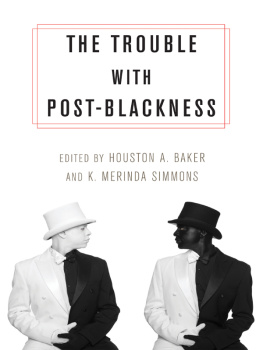

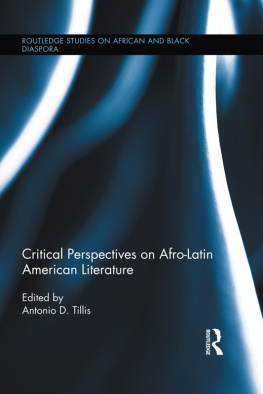
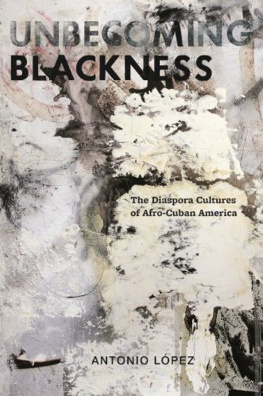
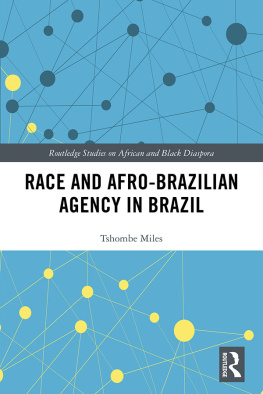
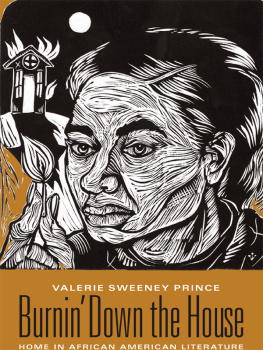

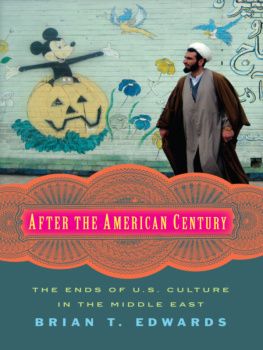
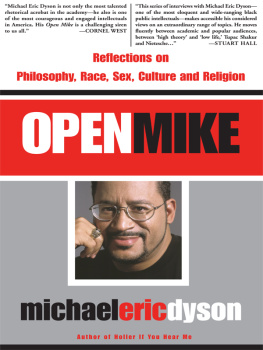
 New York
New York